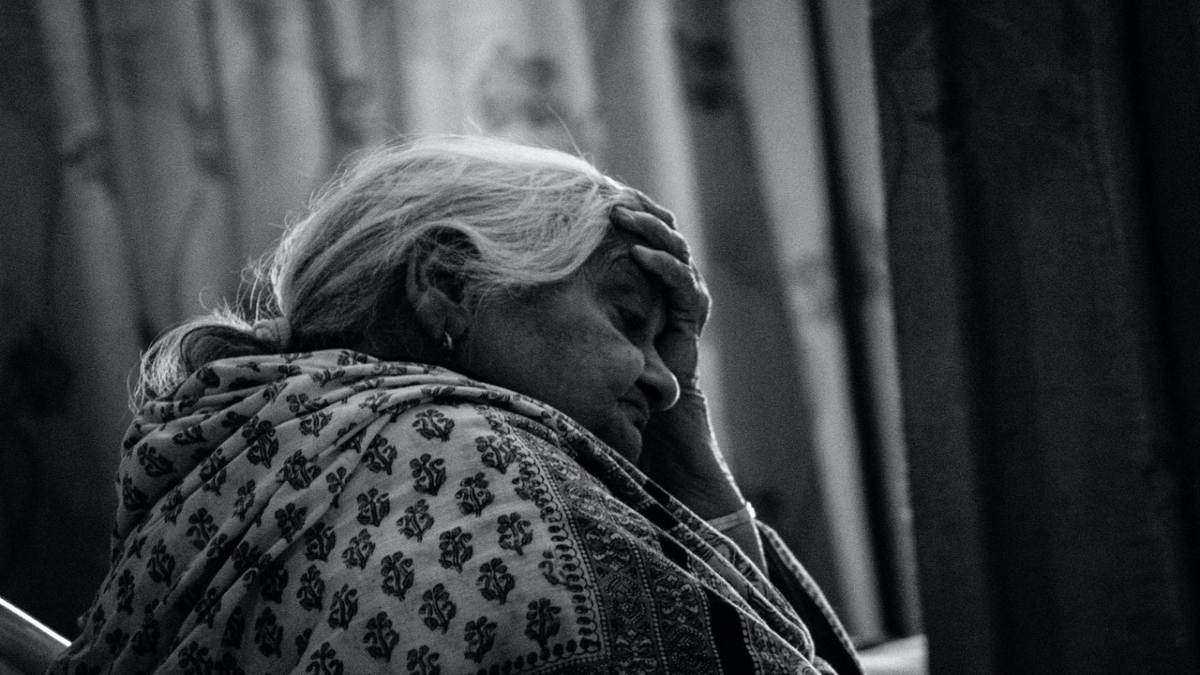“The Shroud (Kafan)” by Premchand Ji: Portraying Societal Contrasts
Last Updated: December 30, 2023
Embark on a heartfelt journey with a Hindi short story “Kafan (The Shroud)” penned by Premchand Ji. This narrative unfolds the stark disparities between the privileged and the underprivileged. Eager for a brief overview? Join us as we immerse ourselves in the captivating essence of this timeless tale. # Kafan Premchand Summary
‘Kafan’ is a Hindi word which means shroud—a piece of white cloth used to wrap a dead body before it is cremated or buried. The story depicts the profound gap between the privileged and the underprivileged. While wealthy people enjoy a life of luxury, those on the outskirts struggle with the difficult challenges of extreme poverty. The narrative unravels a societal fabric where the rich exploit the poor, leaving them unable to secure even their basic necessities. Ironically, it is only in death that these underprivileged individuals attract attention, as the same society rallies to provide them with the dignity of a shroud.
The story talks about Ghisu and Madhav, a father and son, who are stuck in a cycle of poverty due to their laziness. Ghisu works only now and then, taking long breaks, and Madhav is lazy too, working briefly and spending a lot of time doing nothing. As a result, they find it hard to earn money, and their laziness affects their humanity. The story sadly shows how poor they are because they can’t even afford a shroud. Instead, they use the money people give them—for shroud—to satisfy their hunger.
The narrative unfolds with Ghisu and Madhav sitting quietly outside their hut, not paying attention to the painful screams coming from inside, where Madhav’s wife, Budhiya, is in pain due to pregnancy. Even though Madhav’s wife, Budhiya, was in pain, Ghisu and Madhav casually ate roasted potatoes, not really paying attention to what was happening. After a long time, recognizing the gravity of the moment, Ghisu urges Madhav to go check on Budhiya. However, Madhav, concerned about missing out on his portion of potatoes, declines.
As Budhiya’s screams cease, Madhav finally enters the hut, only to announce her demise loudly. The village gathers, and Ghisu, desperately seeking financial assistance, approaches the village sarpanch. The sorrowful plea for help is met with indifference, but Ghisu manages to collect a meager sum of five rupees from the villagers, barely sufficient for a shroud.
The villagers begin cutting bamboo. Ghisu tells Madhav, “We have enough wood to burn, now we just need the shroud.” They both head to the market to buy it. Women come one by one to see the dead body, shedding a few tears before leaving. Ghisu and Madhav wander around the market for a long time, looking at different shrouds, but none seem suitable.
As evening falls, they arrive in front of a tavern. Ghisu says to Sahuji, “Give us a wine bottle too.” Along with the bottle, they order halwa-puri and fish. They sit down and start eating comfortably. Madhav, savoring the food, says, “Now where will we get the shroud from?”
Ghisu remarked, “What’s the benefit of using a shroud? After all, it will be burnt. She will not take it with her.”
Madhav responded, “People won’t inquire about the shroud?”
“We will say the money fell somewhere; we searched a lot, but couldn’t find it.”
Madhav added, “But Dada (father), the poor girl suffered a lot in her life.” Saying this, he started crying.
Ghisu comforted him, “Why do you cry, son? She was fortunate to be released from the bonds of attachment so soon.”
Works Cited
1. The feature image used in this post was created on Photopea.com on December 30, 2023 by Preeti Bhandari.




